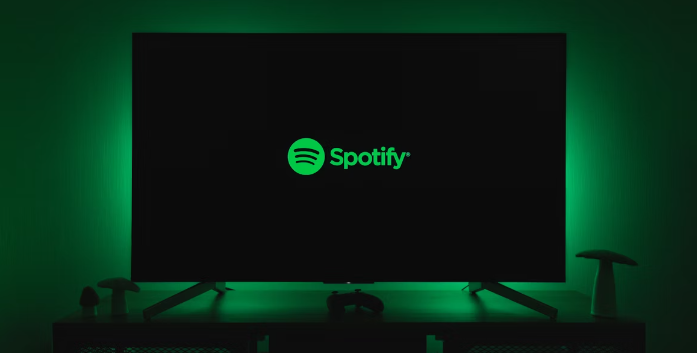MLC asks court to reconsider Spotify bundling case dismissal
The MLC fights back after its lawsuit against Spotify was initially dismissed last month.
The US Mechanical Licensing Collective (MLC) has asked the court to reconsider its decision to dismiss the lawsuit against Spotify over its Premium bundling strategy.
The case so far
The lawsuit centers around Spotify’s move to reclassify its Premium subscriptions as music-and-audiobook bundles, allowing Spotify to pay lower mechanical royalties to songwriters and music publishers.
Last month, Judge Analisa Torres dismissed the case “with prejudice,” meaning the MLC could not file a new lawsuit on the same claims. The court ruled that Spotify had correctly categorised its Premium offering as a bundle under the compulsory licensing framework.
Why does the MLC want the court to reconsider?
In response, the MLC has filed a ‘Motion for Reconsideration,’ asking the court to review its decision. If the motion is denied, the MLC is requesting the judgement to be vacated so it can file an amended complaint.
According to MLC CEO Kris Ahrend, the court’s ruling overlooked “several significant issues”. The organisation argues that it would be an injustice if the ruling remains outright dismissed, as it involves “an unprecedented interpretation of regulatory language that would have far-reaching and profound financial consequences on an entire creative industry.”
“We believe that seeking clarity on these issues is an important part of our statutory responsibilities and serves the interests of our stakeholders.”
Kris Ahrend, MLC CEO
The core of MLC’s argument
The MLC’s latest motion is built on three main points:
Spotify’s underpaid royalties
The MLC claims that the court dismissed the case without considering all claims that Spotify failed to pay its royalties owed.
The MLC is dialing in on Spotify’s alleged royalty underpayments. It argues that Spotify’s $9.99-per-month audiobook-only tier is misleading and invalid as the package includes both books and music. This artificially inflates the audiobook component and reduces the share allocated to music, resulting in a significant underpayment of royalties.
Misinterpretation of bundling standards
The MLC argues that the court wrongly concluded that Spotify’s Premium plan qualifies as a bundle, misapplying the standard on a motion to dismiss.
The MLC maintains that the 15 hours of audiobook access does not hold more than “token value” for Spotify Premium, required to qualify as a bundle under the compulsory licence. Despite the Judge deeming it to hold value, the MLC still believes it holds minimal value for the “millions of premium subscribers who purchased the service to get access to unlimited, on-demand, ad-free music, not audiobook listening.”
Request to amend the complaint
If reconsideration is denied, the MLC is requesting “the judgement should be vacated to provide the MLC an opportunity to” amend its complaint regarding “additional facts relating to Spotify’s prior reporting of Premium as a standalone Subscription”.
The MLC points out that Spotify initially reported Premium as a standalone music service, even after introducing audiobooks, which contradicts its current bundling classification.
What’s next?
Major publishers like Universal Music Group and Warner Music Group have since negotiated direct licensing deals with Spotify, removing the bundling issues for their catalogues. However, the MLC’s fight continues on behalf of other rights holders.
If the court agrees to reconsider the case, Spotify could face financial repercussions. Industry estimates suggest its bundling strategy saved Spotify over $150 million in its first year alone. If the MLC prevails, those savings could be redirected to songwriters and publishers.
For now, all eyes await the court’s response and whether they will reconsider the case.
